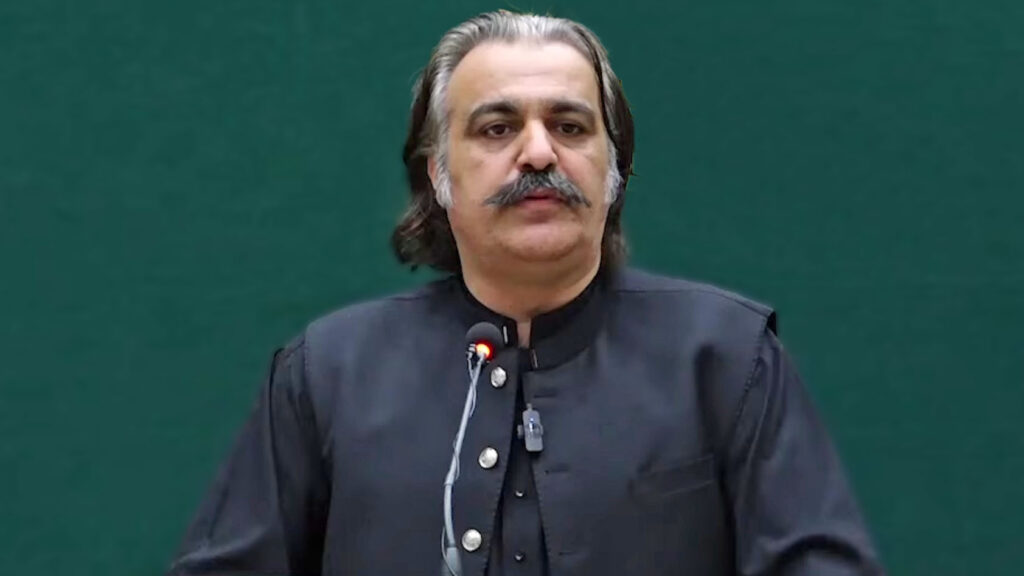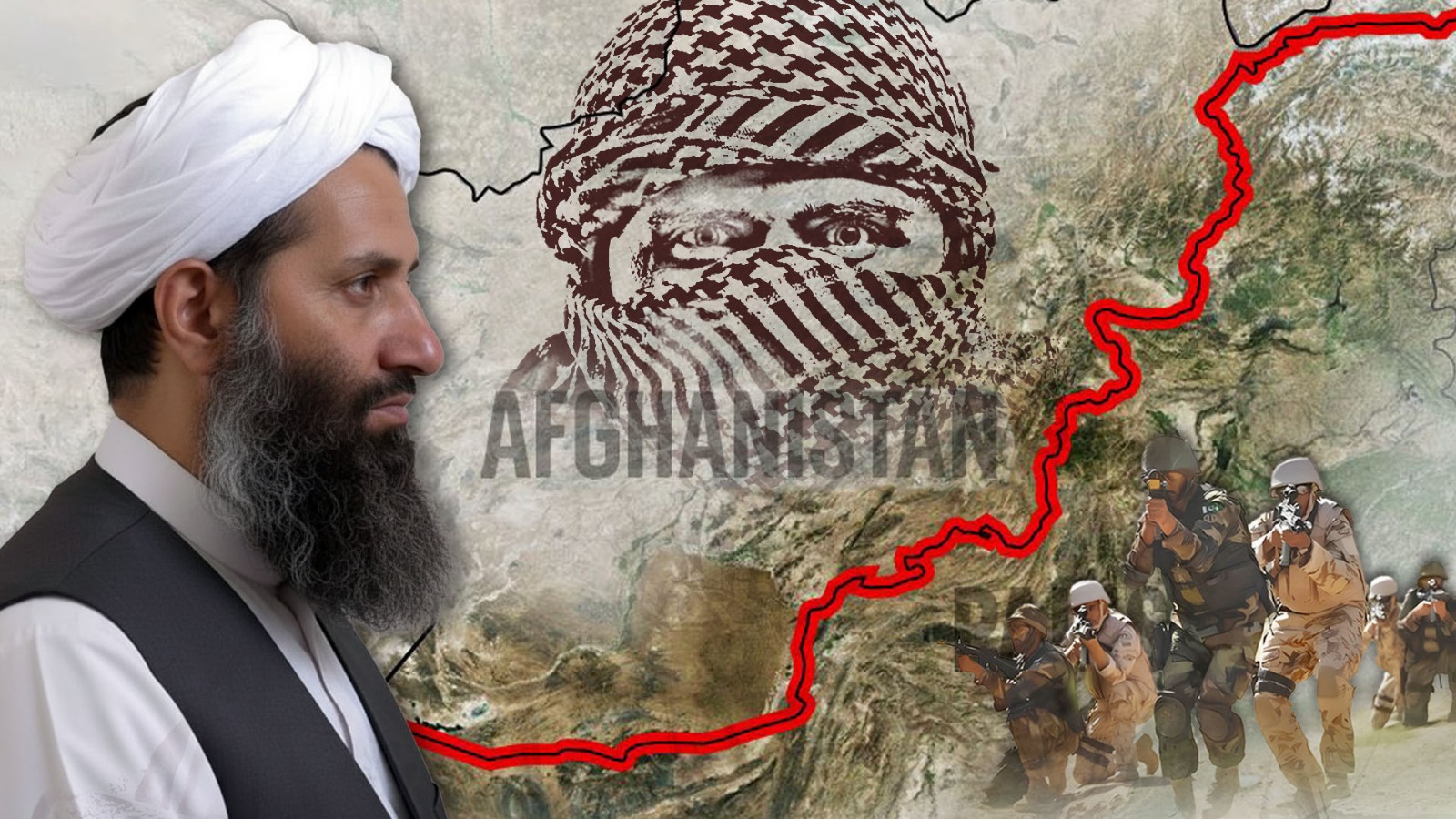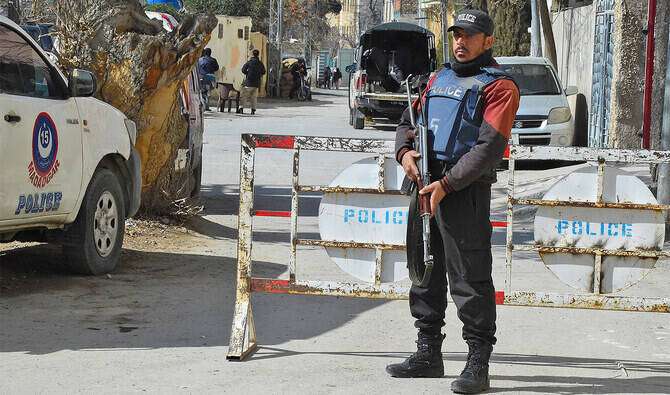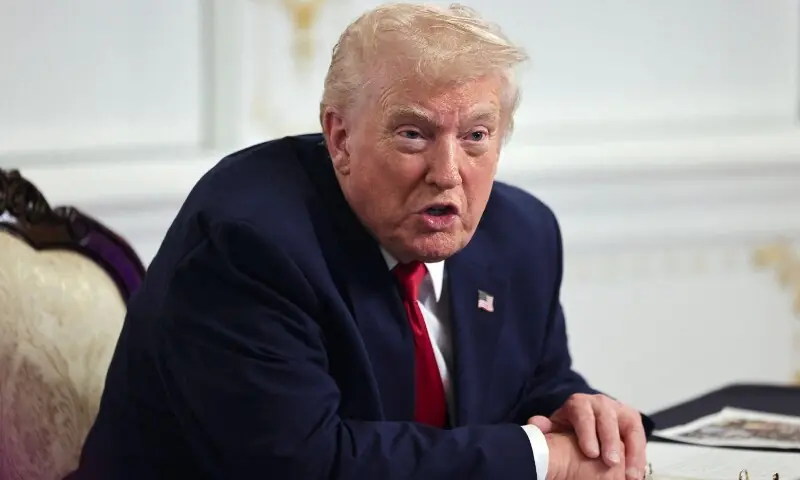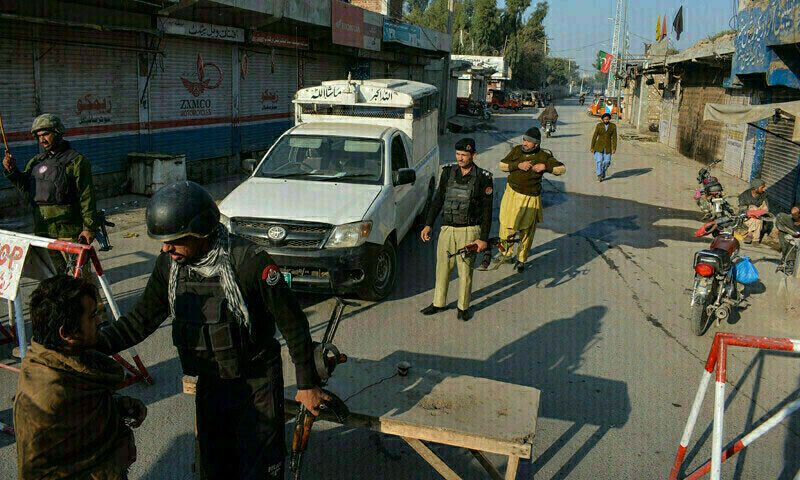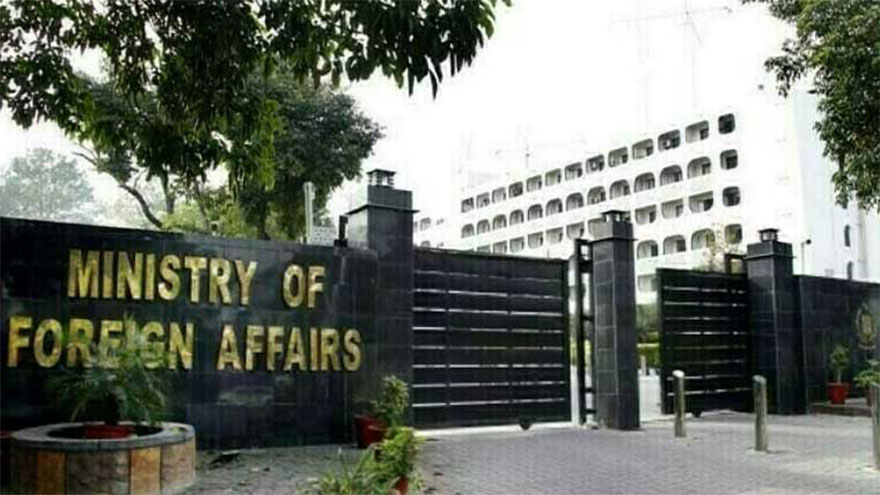Ali Amin Gandapur, who fought on multiple internal fronts within his own party, has now lost the battle to remain Chief Minister and has been sent home. He had created strong opposition for himself in three key areas: PTI’s national and provincial leadership, Imran Khan’s ideology, and most notably, Khan’s sister Aleema Khan. Gandapur clashed in all three areas with full force. Meanwhile, a fourth and perhaps most damaging challenge—failing governance in the province—grew stronger while he was preoccupied with these internal rivalries.
Eventually, the inevitable happened: Gandapur was removed from office. In his absence, he left behind a mountain of governance issues for the newly nominated Chief Minister, Sohail Afridi, to resolve.
Ali Amin Gandapur was once counted among Imran Khan’s closest allies. Back in 2012, when Khan led a protest caravan to Waziristan against U.S. drone strikes, he stayed at Gandapur’s home. Gandapur quickly rose through political ranks—becoming provincial revenue minister in 2013, federal minister for SAFRON and Kashmir affairs in 2018, and finally, after the 2024 elections, Imran Khan appointed him to the highest administrative office in Khyber Pakhtunkhwa. However, this journey came to an unexpected end just 19 months later.
Behind the scenes, a web of complaints and internal rifts had already formed. A widely discussed reason for his removal was his growing tension with Aleema Khan, Imran Khan’s sister. Reportedly, in one of his final meetings with the PTI founder, Gandapur accused Aleema of allegedly working for the establishment, particularly military intelligence. This confrontation marked the beginning of a silent war between dynastic politics and principled politics.
One of the key reasons cited for the removal of Ali Amin Gandapur from the post of Chief Minister of Khyber Pakhtunkhwa was his failure to halt the ongoing military operations in the province, particularly in the former tribal districts of Bajaur and Tirah Valley. The PTI founder had strictly instructed him to raise his voice effectively against these operations and to present the party’s stance assertively before the federal government. However, the party leadership felt that Gandapur adopted a cautious approach and did not play an active role in opposing the operations. As a result, the PTI founder decided to replace him with a more dynamic leader who would firmly uphold and advance the party’s aggressive political strategy. Gandapur had also advocated for direct talks with Afghanistan to address the law and order situation in Khyber Pakhtunkhwa but failed to achieve any breakthrough.
According to sources, party workers believed that Ali Amin Gandapur was not making effective efforts for the release of the PTI founder. He was accused of failing to take protest movements to their logical conclusion and of showing a lack of commitment during demonstrations for Imran Khan’s release. Within party circles, a perception grew that he was hesitant to take a confrontational stance against the federal government.
During Gandapur’s tenure, reports of administrative mismanagement became common. Ministers were said to have lost authority over their departments to bureaucrats, while his disagreements with the party’s provincial and central leadership reportedly deepened internal divisions — concerns that were frequently brought to Imran Khan’s attention. In the Senate elections, his poor ticket distribution and lack of effective strategy allegedly allowed the opposition to secure an extra seat. The poor arrangements at the September 27 rally and his decision to sideline the party organization in event management further weakened his position, becoming the final straw.
Gandapur’s conciliatory policy failed to secure Imran Khan’s release, prompting the leadership to adopt a more aggressive strategy. For this purpose, Sohail Afridi was chosen. A former member of the Insaf Students Federation, Afridi is known for his fiery speeches and confrontational stance against the military establishment. Imran Khan reportedly wanted to open a new front against the federal government and the establishment, and Afridi was considered the ideal choice to lead this assertive political course.
The new chief minister now faces major challenges — securing the PTI founder’s release, formulating a new policy toward Afghanistan, halting ongoing military operations in the tribal areas, and uniting the party by ending internal rifts.
Ali Amin Gandapur’s removal was not just an administrative reshuffle; it symbolized a clear shift in the party’s direction — from cautious leadership to combative command. In the complex corridors of power, political compromises and internal divisions ultimately led to the downfall of a once influential ally.

